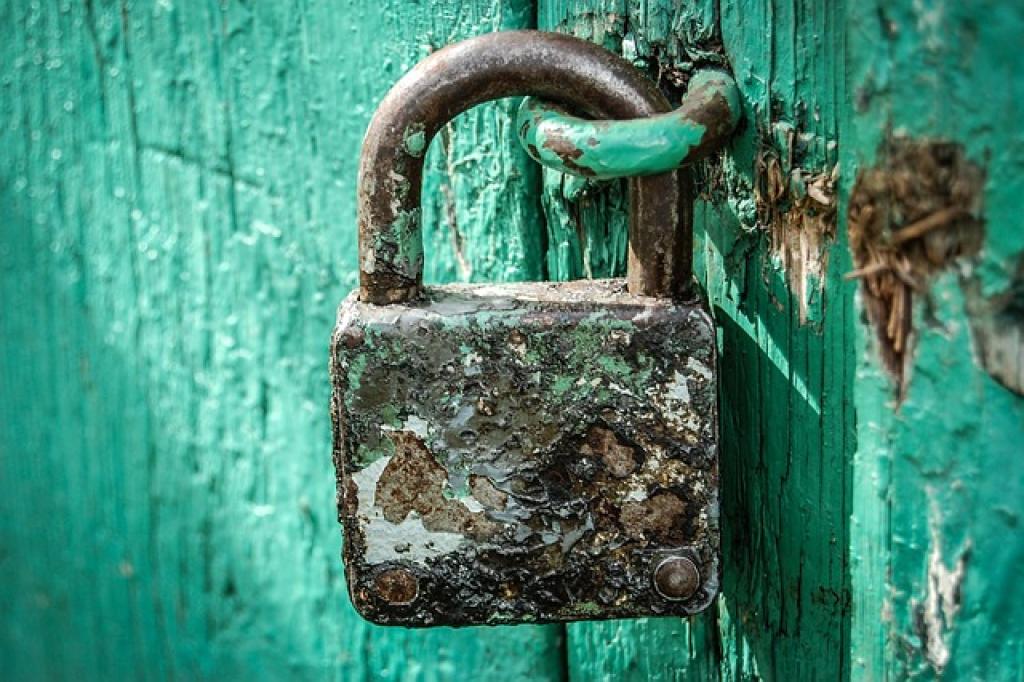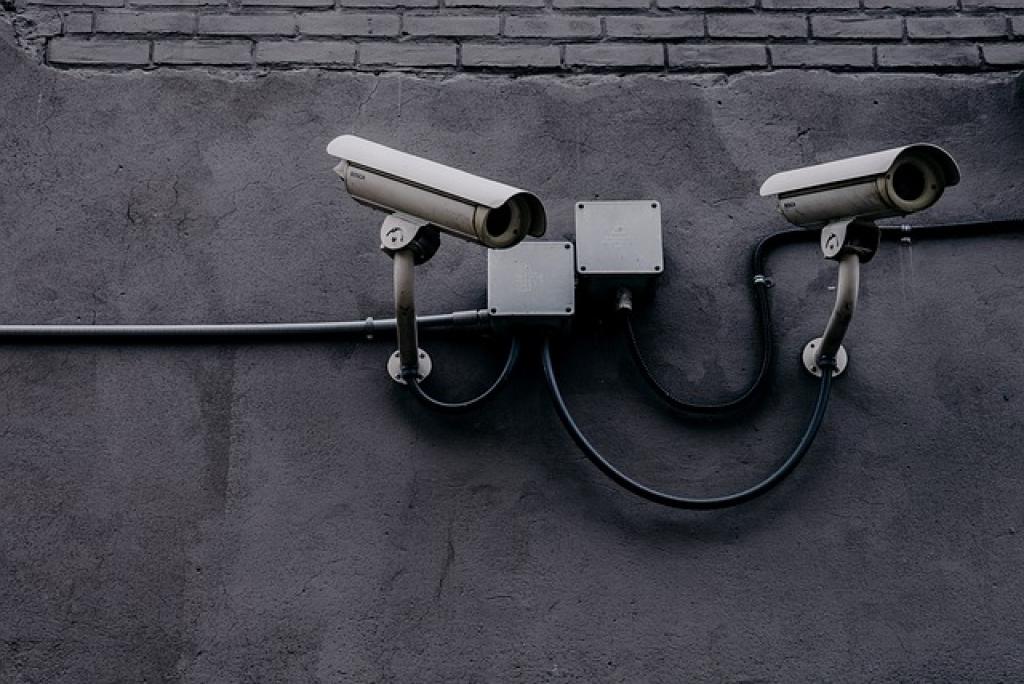
Enhancing College Event Security in the San Francisco Bay Area with Jeff Gutierrez Event Security: A Comprehensive Guide
When planning a college event, the safety and security of all attendees should always be a top priority. The San Francisco Bay Area, known for its dynamic campus life and diverse student population, presents unique challenges when it comes to event security. Navigating these complexities requires professional expertise and tailored strategies.
Enter Jeff Gutierrez Event Security, a leader in event security with a deep understanding of the nuances that Bay Area campuses face. From fraternity parties to graduation ceremonies, their team specializes in creating a secure environment that balances vigilance with the warm, welcoming atmosphere every college event deserves.
This comprehensive guide will explore practical steps to enhance security at college events, highlighting best practices and key considerations. Discover how the right security measures can not only ensure safety but also enhance the overall experience for attendees.
Understanding the Importance of College Event Security
College events are vibrant gatherings, often bustling with energy and enthusiasm. However, with large crowds come potential risks that cannot be ignored. Ensuring safety is not just about preventing incidents; it’s about fostering a secure environment where attendees can relax and enjoy themselves without worry.
The San Francisco Bay Area, with its mix of cultures and bustling campus activities, requires focused security measures. Unforeseen emergencies, crowd control challenges, and even health-related incidents like severe weather are realities every event planner must anticipate.
A strong security presence helps mitigate these risks by identifying potential threats before they become issues. It’s also about ensuring compliance with legal responsibilities and protecting the institution’s reputation. This reinforces student, faculty, and staff confidence and encourages participation in future events.
Incorporating an effective security plan reflects a commitment to the well-being of attendees. It’s not merely a checkbox to tick off but a crucial component in hosting successful college events.
Risk Assessment Considerations for College Events
Before any college event kicks off, conducting a thorough risk assessment is key to ensuring security. This assessment helps identify potential vulnerabilities and aids in crafting a strategic security plan tailored to the event’s unique needs.
Identifying Potential Threats
Understanding the specific risks associated with the type of event you’re hosting is a crucial first step. Consider factors such as location, expected crowd size, and the nature of the activities planned. Each element comes with its own set of challenges and requires a customized approach.
Communication is another critical aspect to consider. Clear and effective communication channels should be established among the security team, event organizers, and local law enforcement. This ensures that any concerns or incidents are swiftly addressed.
Lastly, don’t overlook the importance of accessibility and emergency response. Plan for clear, unobstructed pathways for both attendees and emergency services, and ensure all staff is aware of evacuation procedures and emergency contacts.
A proactive risk assessment not only safeguards the event but also provides peace of mind for all parties involved, making the event a memorable and enjoyable experience for everyone.
Implementing Enhanced Security Measures at College Events
Deploying comprehensive security measures is essential for any successful college event. One effective strategy involves a visible and approachable security presence, which deters potential threats while reassuring attendees of their safety.
Utilizing Technology and Training
Leveraging the power of technology can dramatically enhance security efforts. Consider using surveillance cameras, metal detectors, and access control systems to monitor activities and manage entry points effectively. These tools provide real-time data that can help security personnel respond swiftly to any irregularities.
Training security staff is equally important. Ensure that they are well-versed in crowd management, conflict resolution, and emergency protocols. This knowledge equips them to handle situations calmly and efficiently, reducing the likelihood of escalation.
Moreover, collaboration with local law enforcement enhances security planning. Coordinating efforts with these agencies provides additional resources and expertise, amplifying the overall safety net of the event.
Balancing open communication with vigilant security practices helps create an environment where safety goes hand in hand with enjoyment, allowing everyone to focus on the event itself rather than potential risks.
Training Event Staff on Security Protocols
A well-trained staff is the backbone of effective event security. Empowering your team with the right knowledge and skills ensures they are prepared to handle any situation that may arise during the event.
Start by conducting comprehensive training sessions that cover all security protocols, including emergency response, communication practices, and crowd control strategies. These sessions should be interactive, allowing staff to engage with real-world scenarios and role-playing exercises.
Creating a Culture of Awareness
Encourage a culture of vigilance and awareness among the event staff. This involves training them to recognize suspicious behavior and understand the importance of reporting their observations to the security team promptly. Such proactive measures are crucial in preventing potential incidents.
Regularly updating training materials to reflect new threats and security technologies keeps staff knowledge current and robust. Moreover, fostering open lines of communication among team members and with security professionals enables quick coordination in times of need.
Ultimately, a well-prepared team can act swiftly and confidently, ensuring that the event runs smoothly and safely. Providing these resources not only enhances security measures but also contributes to the overall success and reputation of the event.
Case Study: College Event Security Success with Jeff Gutierrez
A recent college festival in the heart of the San Francisco Bay Area showcases the effectiveness of Jeff Gutierrez Event Security’s approach. Faced with the task of managing security for an event attended by over 5,000 students, the team demonstrated their expertise in action.
The festival featured multiple stages, food vendors, and interactive activities, all requiring a seamless security operation. Jeff Gutierrez and his team conducted a detailed site analysis well in advance, identifying key security points and potential vulnerabilities.
Lessons from Successful Execution
On the day of the event, a robust security presence, equipped with the latest technology and clear communication systems, ensured everything ran without a hitch. Security staff were strategically positioned at entry points, while roving teams kept an eye on activities across the venue.
Adopting a proactive approach, the team successfully managed crowd dynamics and swiftly addressed minor incidences before they escalated, earning them praise from both attendees and college administrators.
The success of this event highlights the importance of meticulous planning and adaptive security measures tailored to the unique challenges of each event. Jeff Gutierrez Event Security’s efforts not only ensured safety but also enhanced the overall experience, setting a standard for future college gatherings.
Collaborating with Local Authorities for Event Security
Partnering with local authorities is a cornerstone of ensuring comprehensive security for college events. Their expertise and resources provide invaluable support in maintaining a safe environment.
Establishing a strong line of communication with local police, fire departments, and emergency medical services can significantly enhance an event’s security infrastructure. These agencies are well-versed in handling emergencies and can offer strategic insights that augment your security plan.
Involving them early in the planning process ensures they are familiar with the event layout and any specific concerns or risks associated with the venue. This collaboration also facilitates quicker response times in case of an emergency, ensuring that attendees receive assistance promptly.
Local authorities can also conduct joint training sessions with event staff, fostering a unified approach to security. Their presence at the event can deter potential threats and reassure attendees, creating a safer atmosphere overall.
By cultivating these partnerships, event organizers can leverage local knowledge and resources, making a significant difference in the effectiveness of security measures. This collaboration is not just a practical necessity but a strategic advantage in delivering safe and successful college events.
The Bottom Line: Ensuring a Safe and Secure College Event Experience
In today’s fast-paced world, organizing a secure college event presents unique challenges, but with the right approach, these challenges can be effectively managed. The key lies in integrating thoughtful planning, comprehensive training, and strategic collaborations with seasoned professionals like Jeff Gutierrez Event Security.
From conducting detailed risk assessments to implementing tailored security measures, each step is crucial. It’s about creating a balance—ensuring vigilant security while maintaining an enjoyable atmosphere for attendees. This is where technology and preparation meet, offering peace of mind to event organizers and participants alike.
Training event staff on security protocols is another essential element that cannot be overlooked. Empowering them with the knowledge and skills necessary to respond to various scenarios builds a robust security front. Meanwhile, fostering open communication with local authorities enhances this safety net, providing additional support and expertise.
As we’ve seen through successful case studies, the right measures significantly impact the safety and success of college events. The collaboration between event security teams and local authorities forms a formidable alliance, ensuring quick, coordinated responses to any incident.
Ultimately, the effort invested in securing a college event pays dividends in the form of safe, memorable experiences. Whether it’s a small gathering or a large festival, attention to detail and proactive planning are critical. By prioritizing security, organizers not only protect those in attendance but also bolster the event’s reputation.
In conclusion, hosting a secure college event requires a comprehensive approach that leaves nothing to chance. The goal is simple but vital: to provide an environment where students can focus on the joy of the occasion, knowing they are in safe hands.


